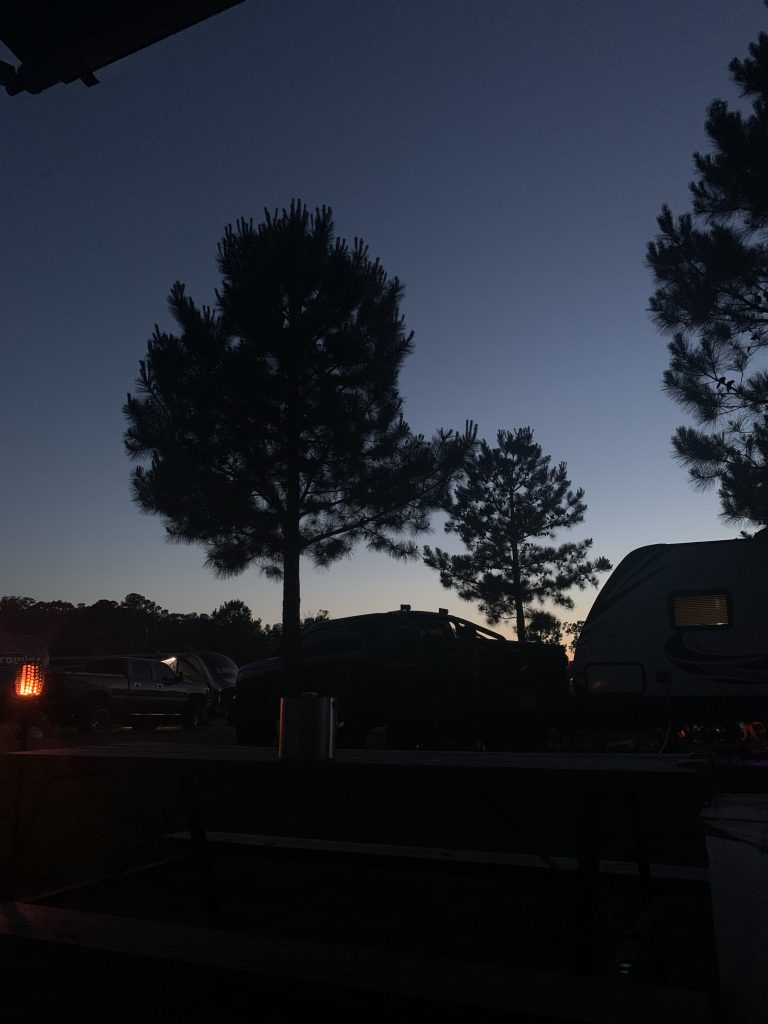America is in decline. What does that mean?
I haven’t published anything in nearly two years because I haven’t been able to address that question, nor the many more that stem from it.
Do I have a future in this country?
America’s relative decline is undeniable, although differing parts of the political spectrum will cite distinct examples and causes. I personally view China’s rise as giving way to a waning grip on world affairs, and domestic political polarization leading to a lack of effective governance. But if I believe America is truly in decline, what does that mean?
– –
I recently gave one of my eyes a chemical burn with eight year old hydrogen peroxide contact solution, and, after containing my pain, I shouted “الحمد لله alhamdulillah“. I thanked God with the mindset of “at least I didn’t get it in both eyes!” Sometimes I find myself doing the same when reading the news.
– –
Alienating. America’s decline has been alienating. I’ve never been the most patriotic, but I feel that I identify less and less with this country every day. This, however, has had a counterintuitive effect: I feel hopeful.
I feel hopeful because although America refuses to be fully vaccinated, other countries have volunteered as shining examples of effective governance.
I feel hopeful because although America completely botched the withdrawal from Afghanistan, the zeitgeist is one of fewer future American interventions.
I feel hopeful because although America seemingly can’t have an election without an attempted coup, other countries have shown that democracy isn’t necessarily in peril.
I feel hopeful because America is no longer expected to be great.
– –
When Covid-19 hit, I never expected it to impact us in the way that it did China — because we were America, and those kinds of things didn’t happen to us. My expectation of American exceptionalism was shattered.
So too, I hope, was that of the world’s. The West following the second World War has largely trusted in U.S institutions and deferred to U.S leadership in international affairs. However, Trump’s response to the pandemic undoubtedly caused this trust to falter.
With this faltering trust came a rise of international partnerships that can withstand a United States in decline, such as that of Covax, whose mission is to vaccinate the world.
Although these partnerships and institutions are far from perfect, I have hope that they will improve over time as they come to rely less on the United States.
Every day that I’ve felt less like an American, I’ve felt more like a citizen of the world. While I’ve always had a fairly cosmopolitan mindset, there’s also been the belief that if America falls, so does the world, but I no longer take this as a given.
I have hope in the world.
– –
This isn’t to say that I think America is doomed, rather, it means that I believe the next worldwide crisis will see robust international leadership and responses that don’t rely on the United States.
I believe that America can still fix many of its problems. We can achieve universal healthcare, workers can continue to fight for fair wages, and we can continue to be a powerhouse of scientific advancement. But these things will not be handed to us, we are not inherently exceptional, and the world is not going to collapse in the absence of our leadership. It is up to us to accept these truths as the first step towards recovery.
